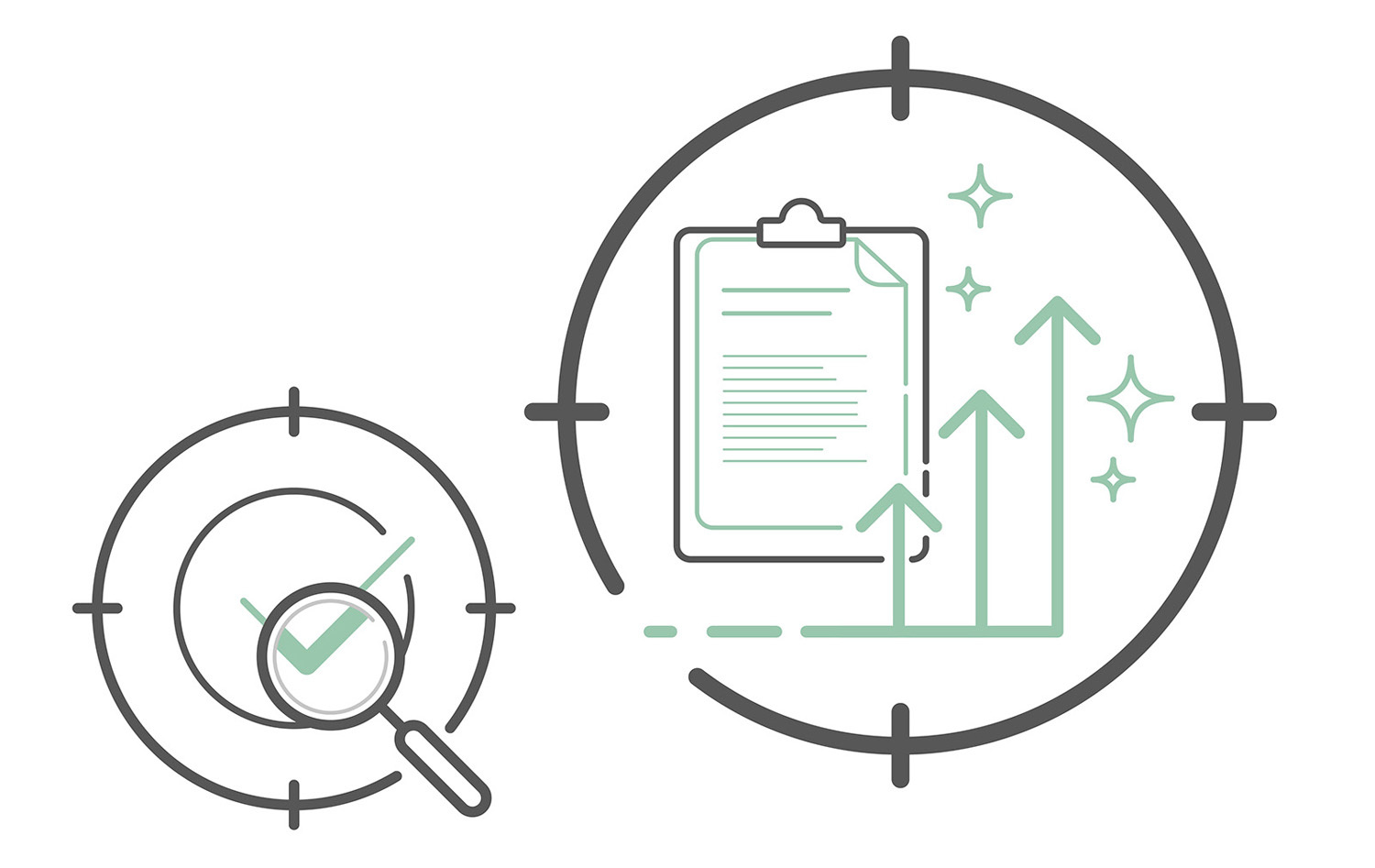10 Tips to comply with food safety in the food industry
- Monday 02 December 2024
- By: BOONS FIS
- Category: Foaming and disinfection installations
Food safety is a crucial aspect of the food industry. Ensuring the safety of food products is essential not only to protect consumer health, but also to comply with strict regulations such as HACCP (Hazard Analysis and Critical Control Points) and the BRC (British Retail Consortium) standards. It is very important for quality managers in the food sector to implement and maintain effective measures to meet these requirements.
In this blog, we share 10 practical tips that can help you ensure food safety and optimise your business processes.
1. Develop and enforce a HACCP plan
Creating a HACCP plan is a fundamental step in ensuring food safety. This plan identifies potential hazards in your production process and defines critical control points (CCPs) where measures must be taken to control these hazards.
Make sure the HACCP plan is consistently updated and adapted to changes in your production process.


2. Implement good hygiene practices (GHP)
Good Hygiene Practices are the foundation of any food safety system. This includes everything from maintaining employees' personal hygiene to cleaning and disinfecting equipment and facilities.
Make sure your employees are well trained and aware of the role they play in ensuring food safety.
3. Check and calibrate equipment regularly
Regular inspection and calibration of equipment such as decentralized satellites (read more on our DSW page) are essential to ensure they operate accurately and reliably. This helps to prevent abnormalities that could lead to food safety issues.
Maintaining the performance of such systems minimizes risks and contributes to a smooth production process.


4. Use of correct cleaning and disinfecting agents
Using the right cleaning and disinfection agents is crucial to prevent contaminants from accumulating on surfaces and equipment. Choose products that are effective against the specific microbial hazards present in your production environment and ensure a consistent and thorough cleaning protocol.
5. Implement a strong "allergen management programme"
Allergens are an increasing challenge for food safety. Ensure that a robust allergen management programme is in place, including the separation of allergen-free and allergen-containing products. This helps to prevent cross-contamination and protects allergy sufferers.
6. Conduct regular internal audits
Regular internal audits are essential to check that your food safety system is functioning properly. Auditing can identify and address potential weakness in your processes. Ensure that audits are documented and action plans are drawn up to correct identified deficiencies.
7. Ensure traceability of raw materials and end products
Traceability is a core component of food safety. It allows you to respond quickly and effectively in case of a food safety incident. Make sure you have a system that can track the movement of raw materials and end products throughout the chain, from supplier to customer.
8. Train your staff continuously
Training your staff is crucial to ensure everyone is up to date with the latest food safety standards and practices. Training sessions need to be repeated regularly and adapted to new developments and regulatory changes.
At BOONS FIS, we offer the opportunity to train employees in the correct use of our cleaning equipment in our 'Experience Room.' This ensures that your team knows exactly how to use the equipment optimally and safely to meet the highest hygiene standards.


9. Monitor environmental hygiene
Environmental hygiene monitoring is an important measure to check whether your production environment is free from harmful microbial contaminants such as Listeria and Salmonella. This includes regular testing of surfaces, air and water in the production environment. Action should be taken immediately when test results indicate possible contamination.
10. Collaborate with reliable suppliers
Your suppliers play a key role in your food safety chain. Make sure to work only with suppliers who meet the highest food safety standards and are regularly monitored for compliance. This helps to guarantee the safety and quality of your raw materials, end products, and equipment, such as our specialized cleaning systems.
A well-managed partnership contributes to a complete and robust food safety chain, from procurement to final product.


BOONS FIS, your partner in food safety
Food safety is an ongoing challenge that requires constant attention and commitment. By implementing and regularly reviewing these 10 tips, you can ensure that your business meets the highest food safety standards and minimises the risks of food-related incidents.
As a specialist in industrial hygiene within the food sector, BOONS FIS is ready to support you in developing and implementing effective food safety strategies that are in line with the latest regulations and best practices. Do you have another question? Please contact us through the contact form.
